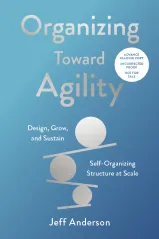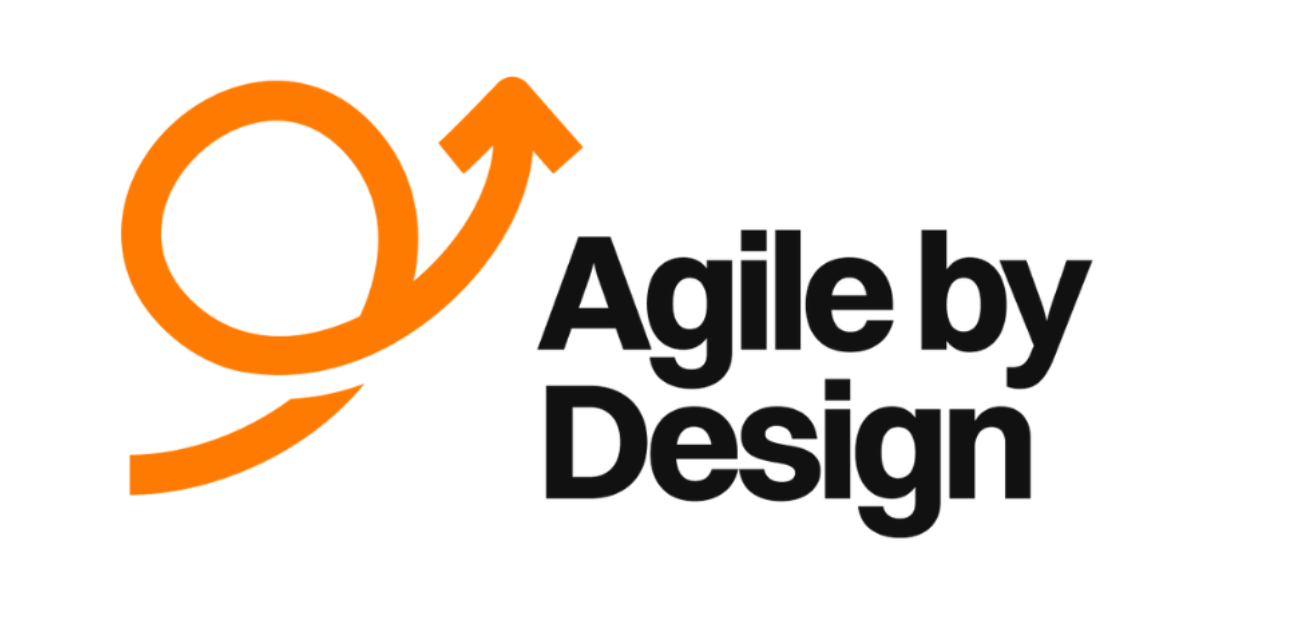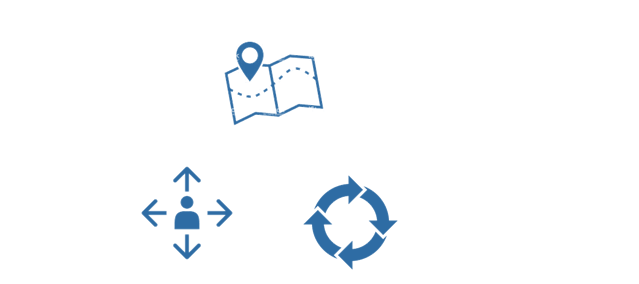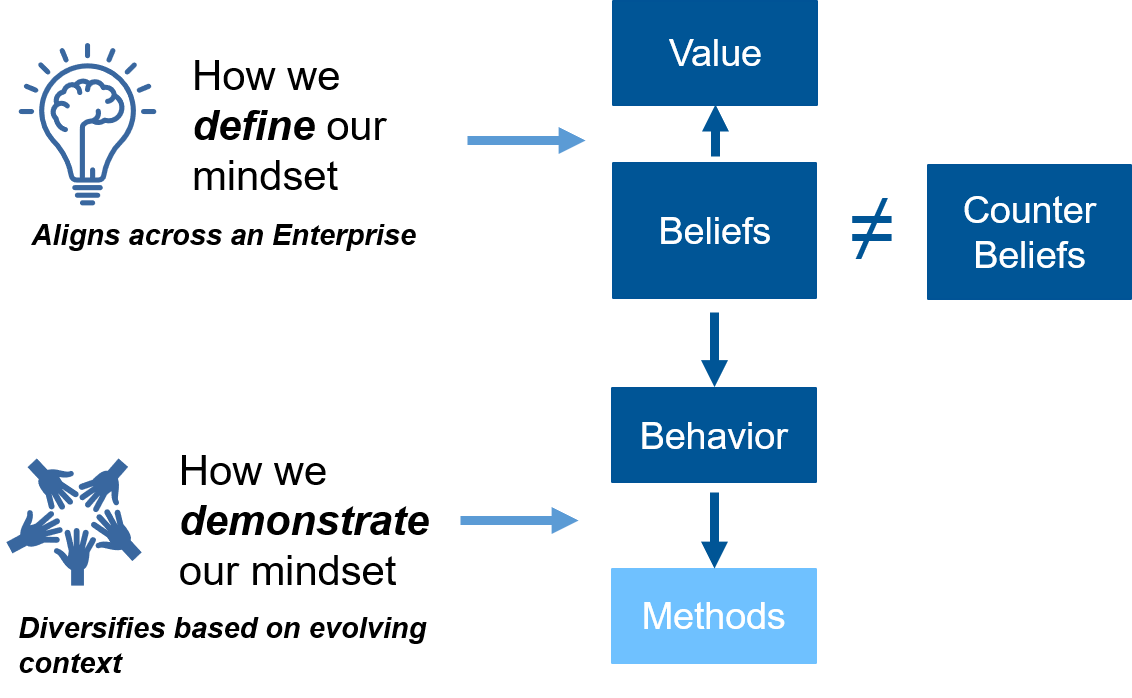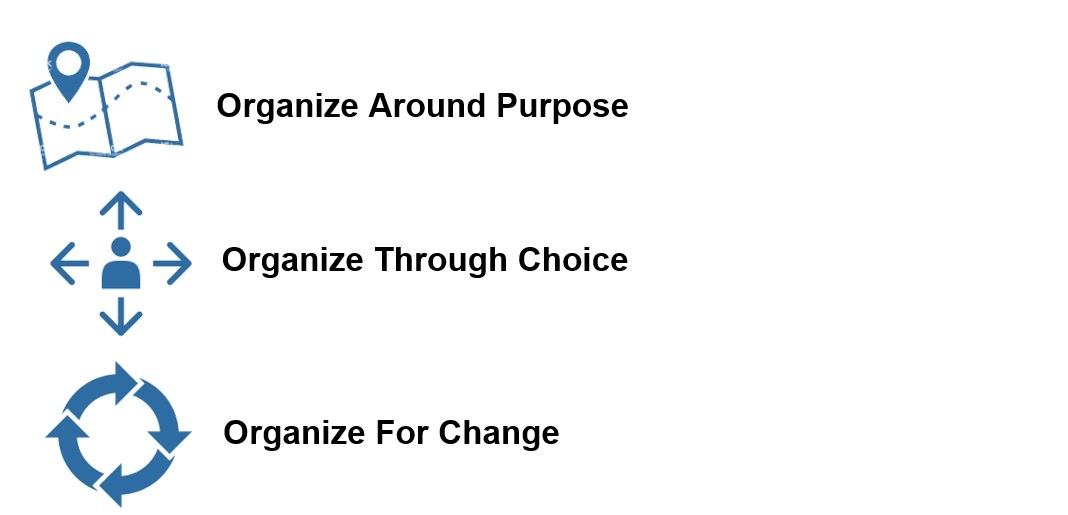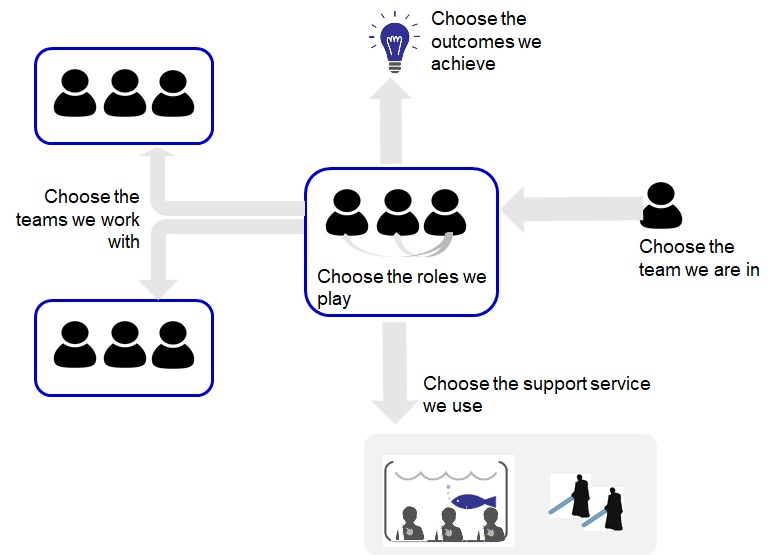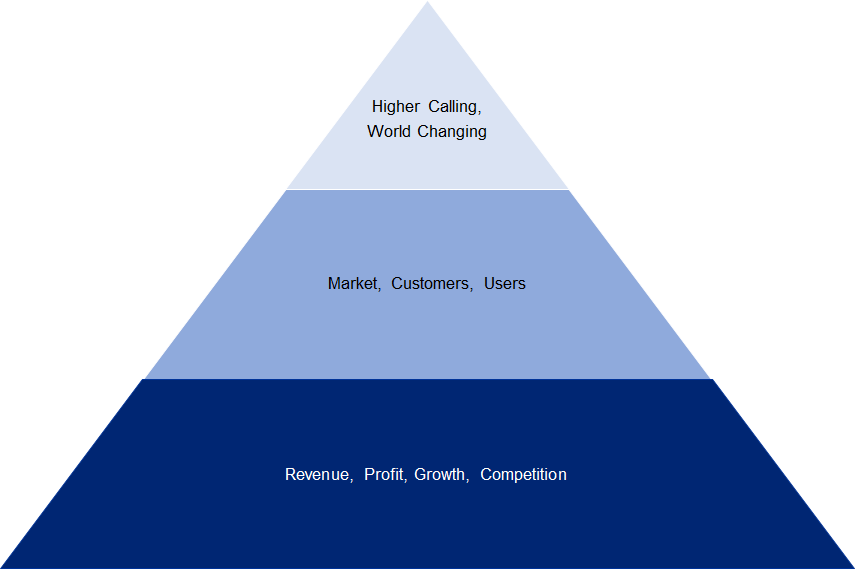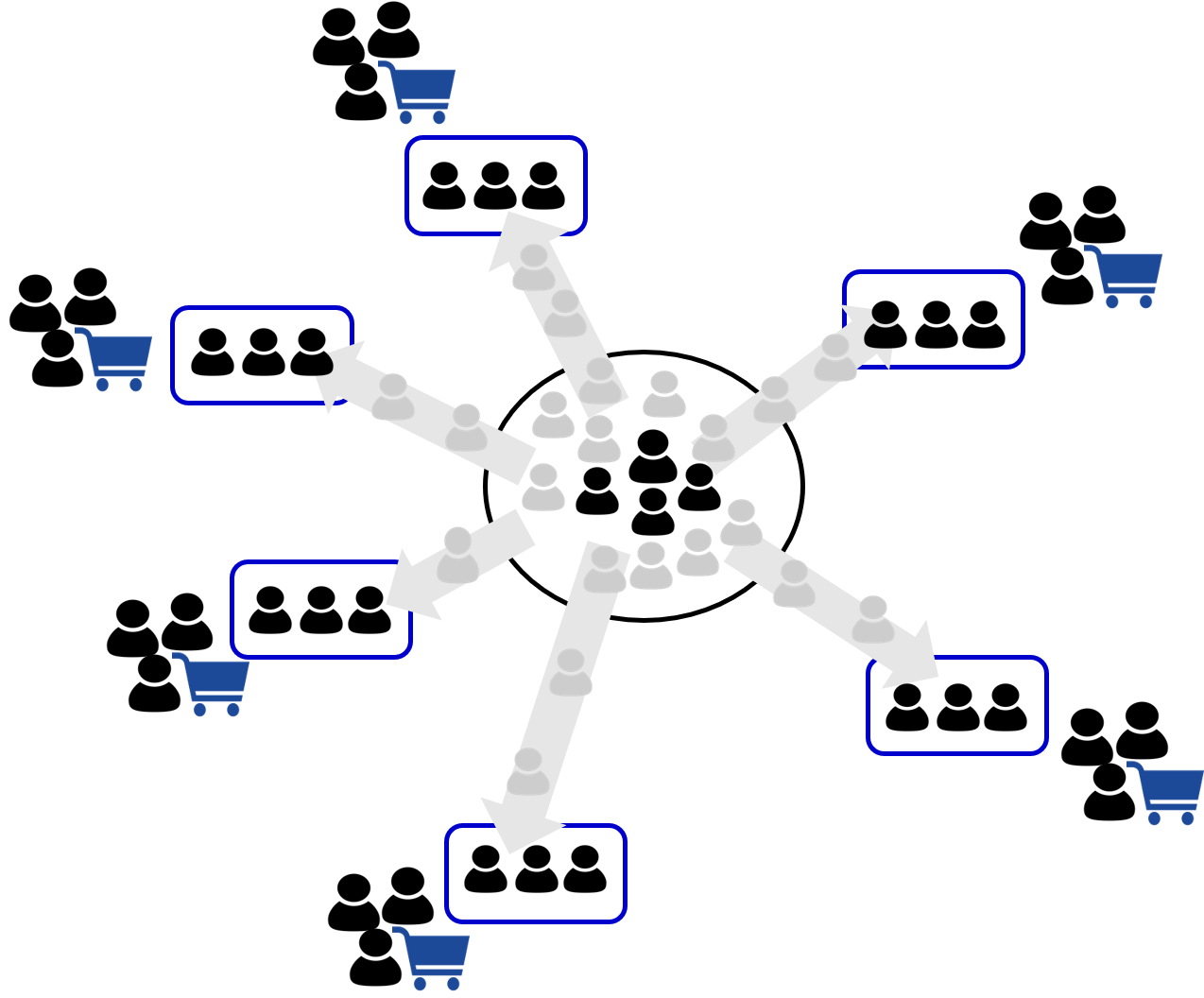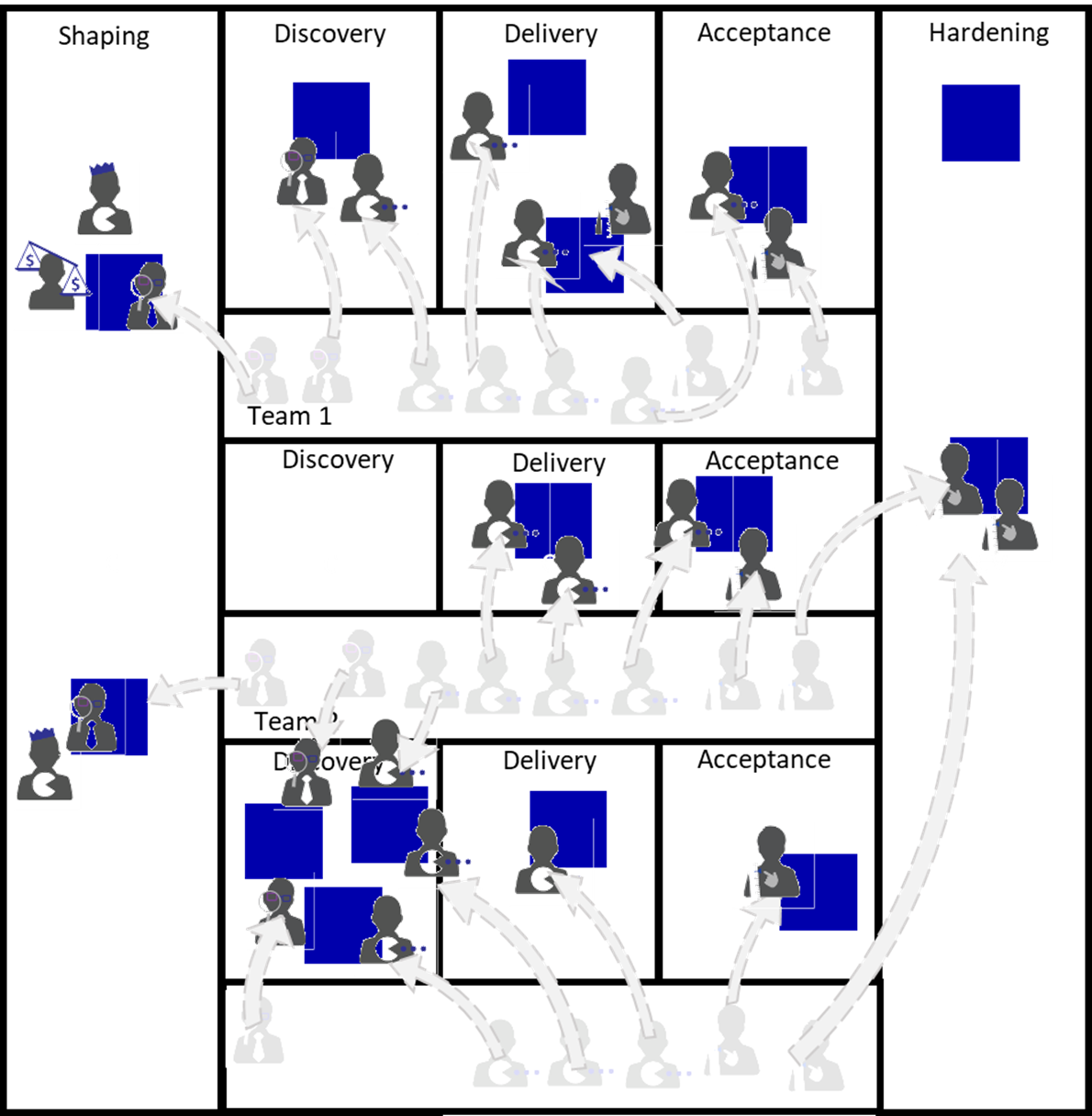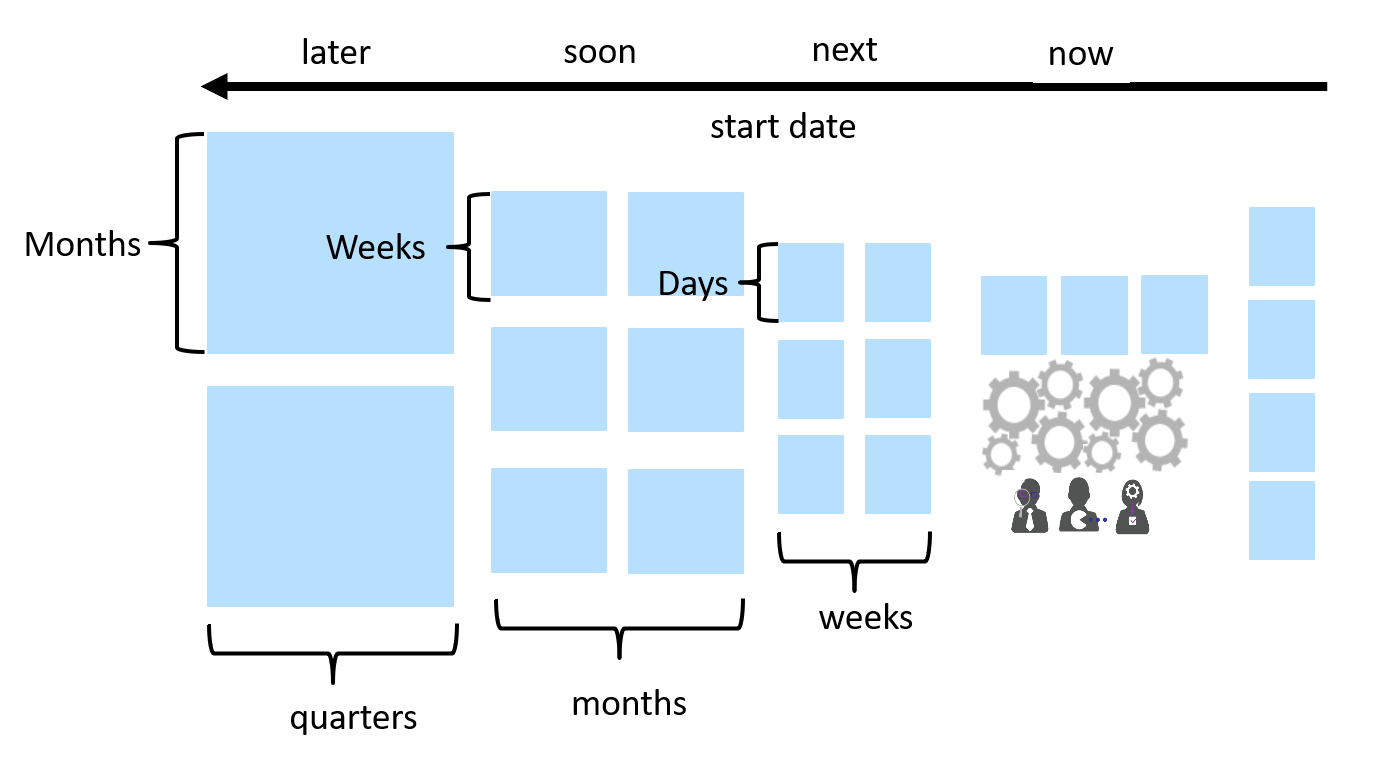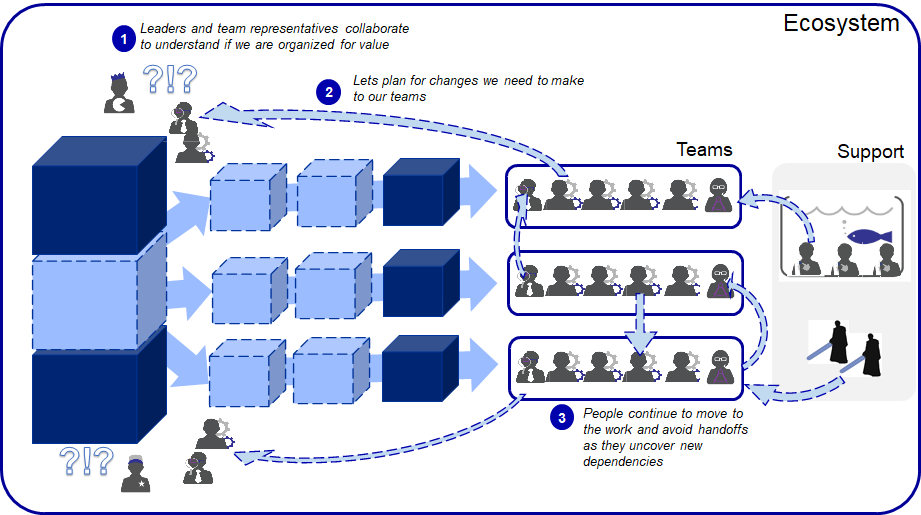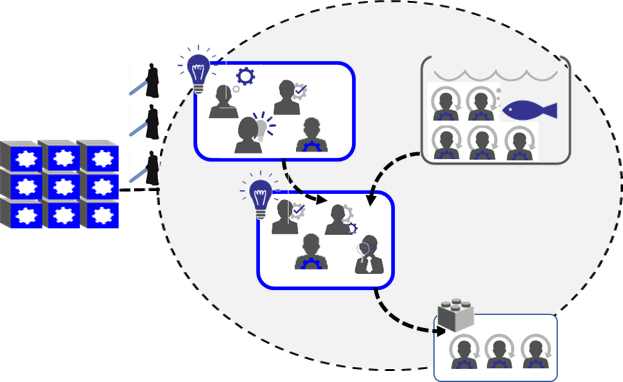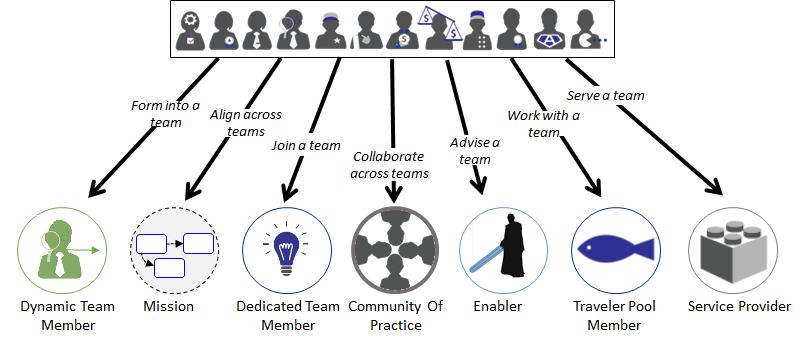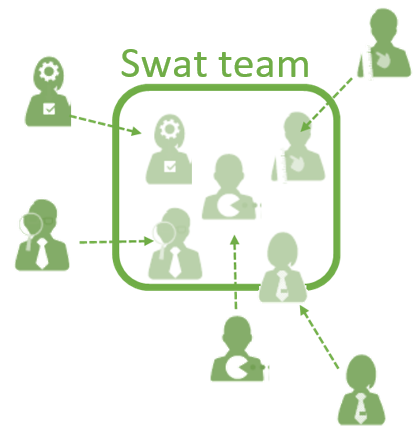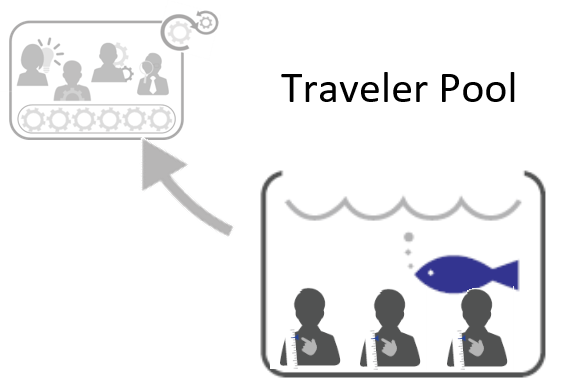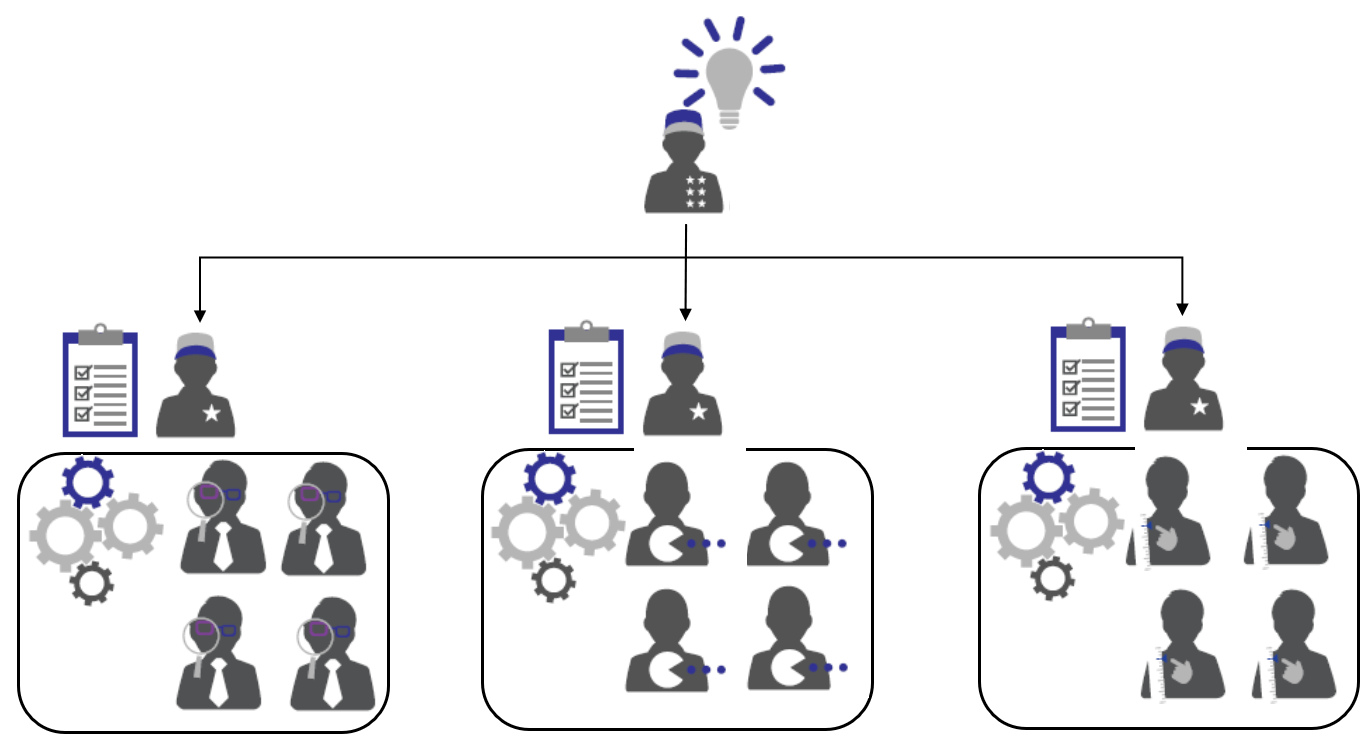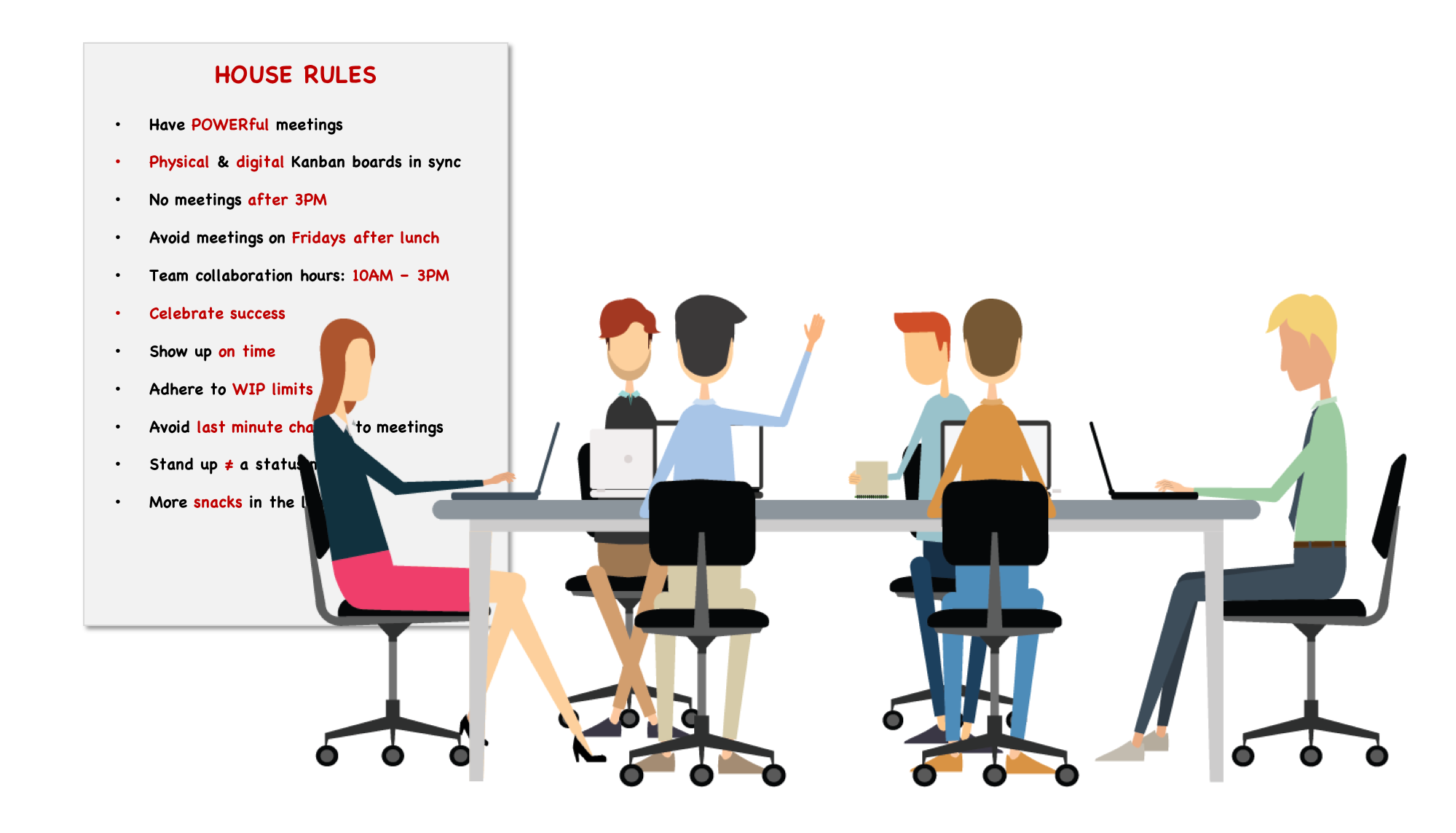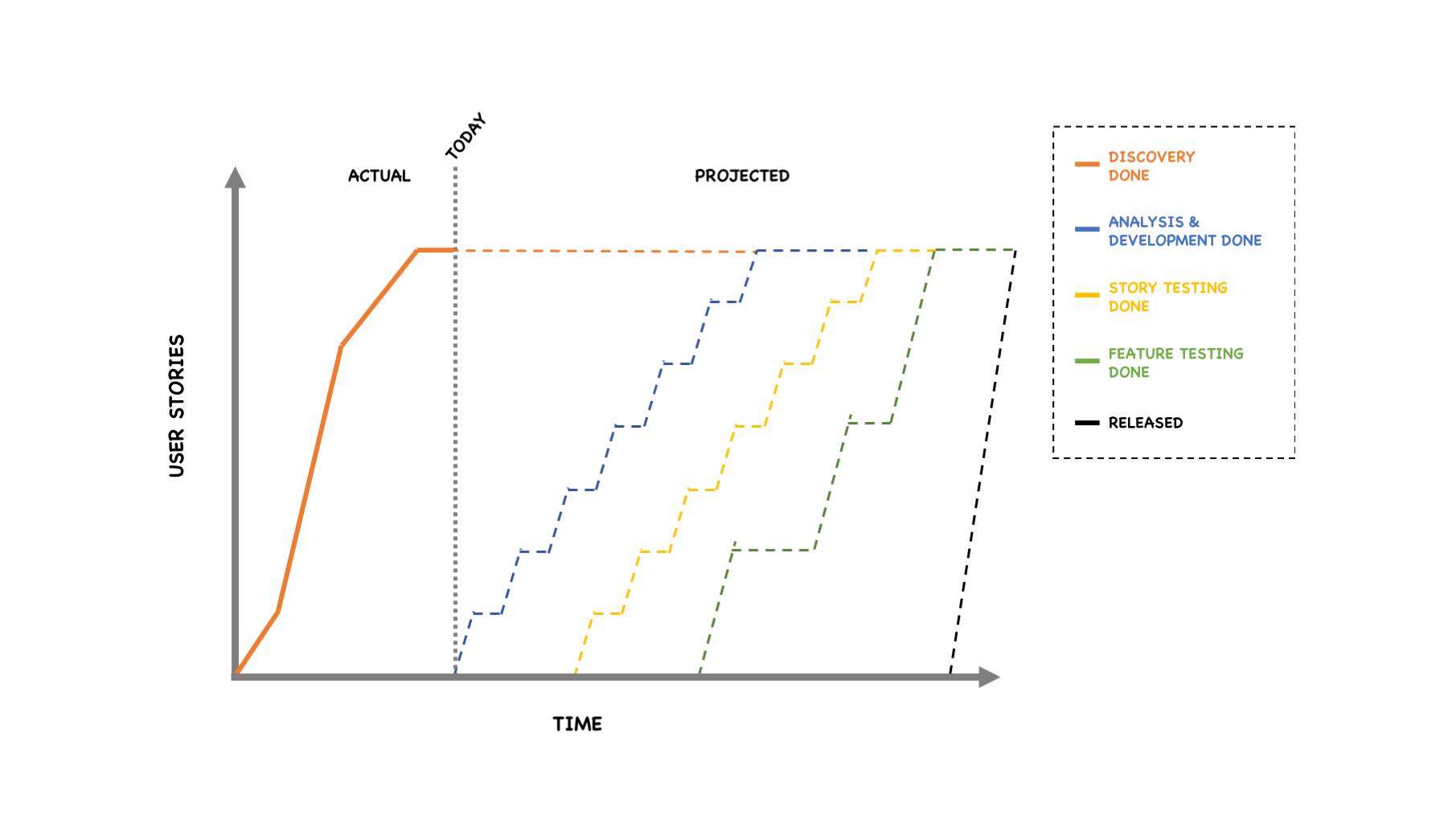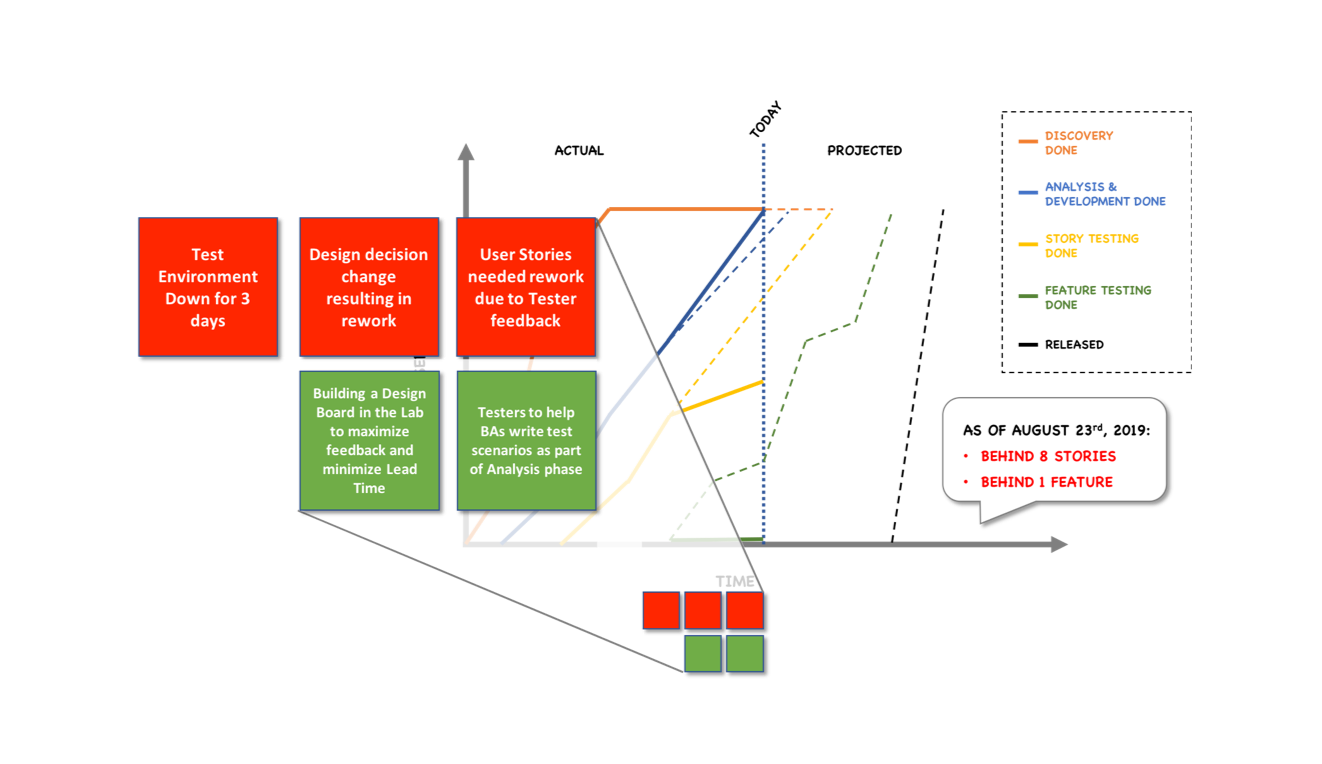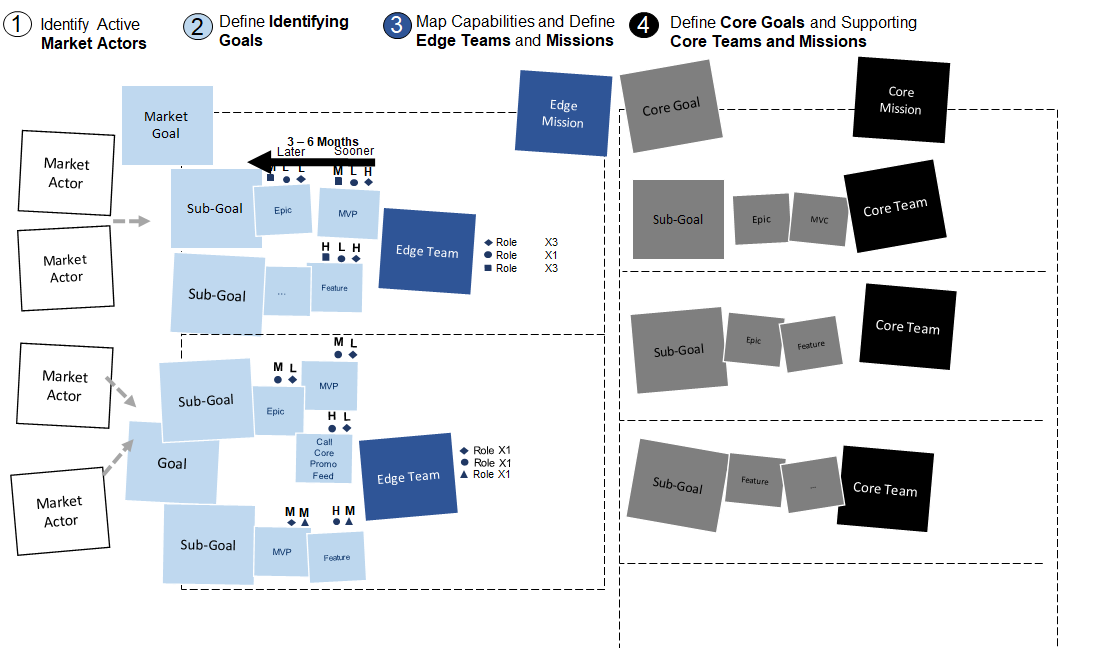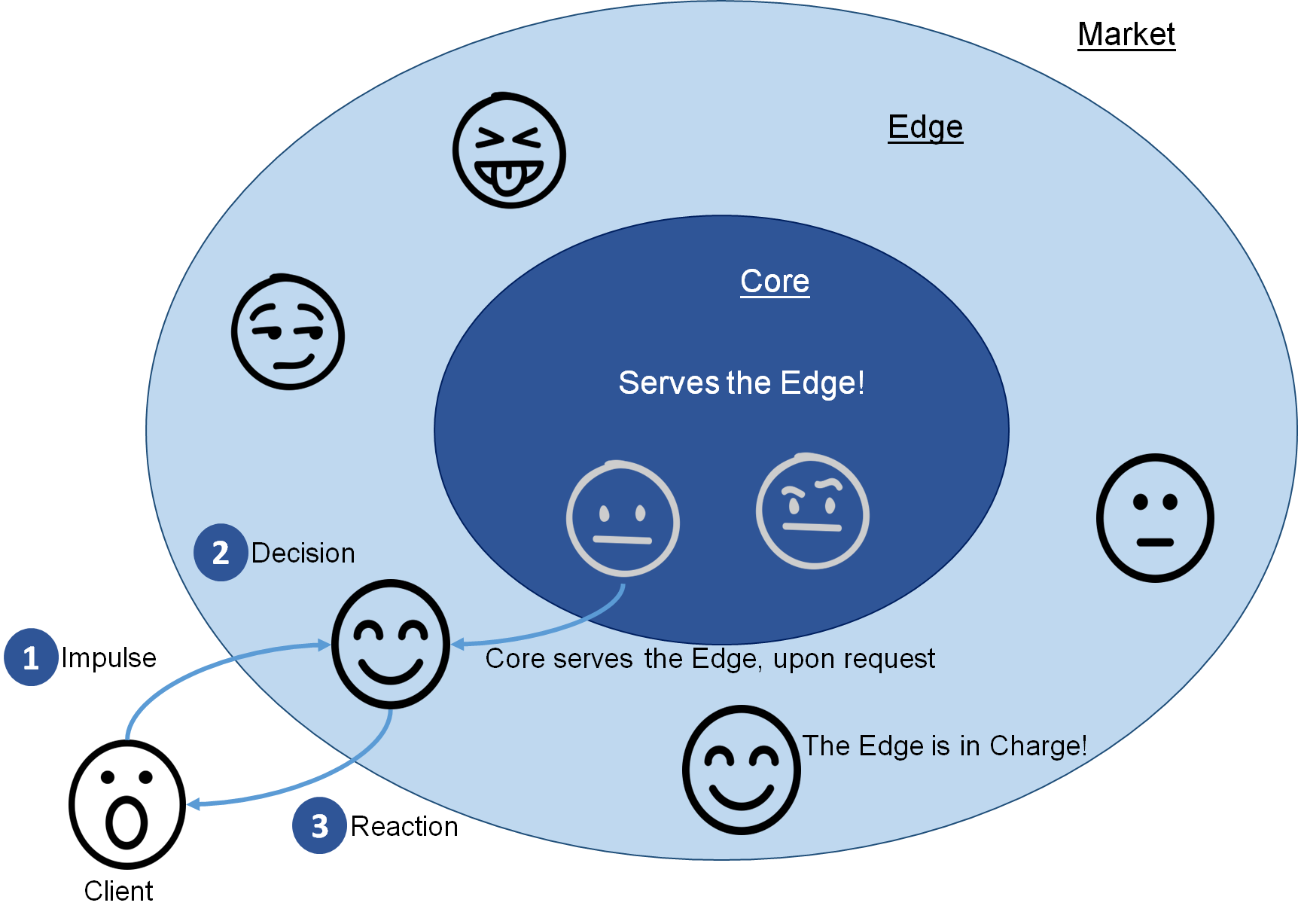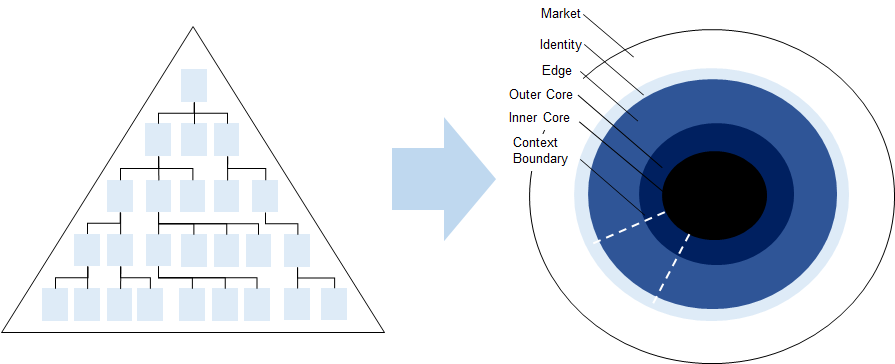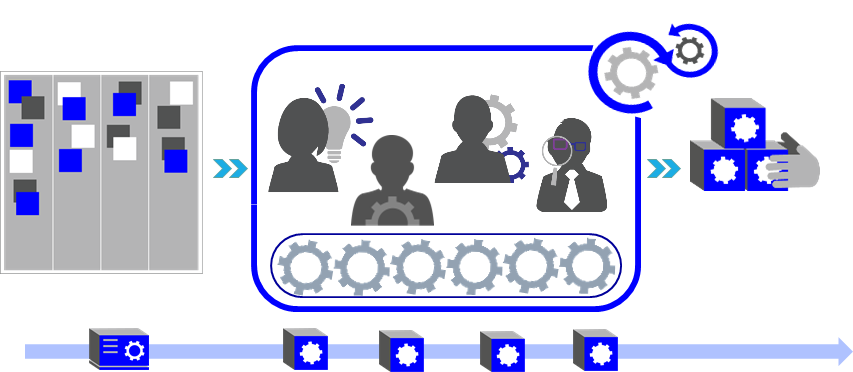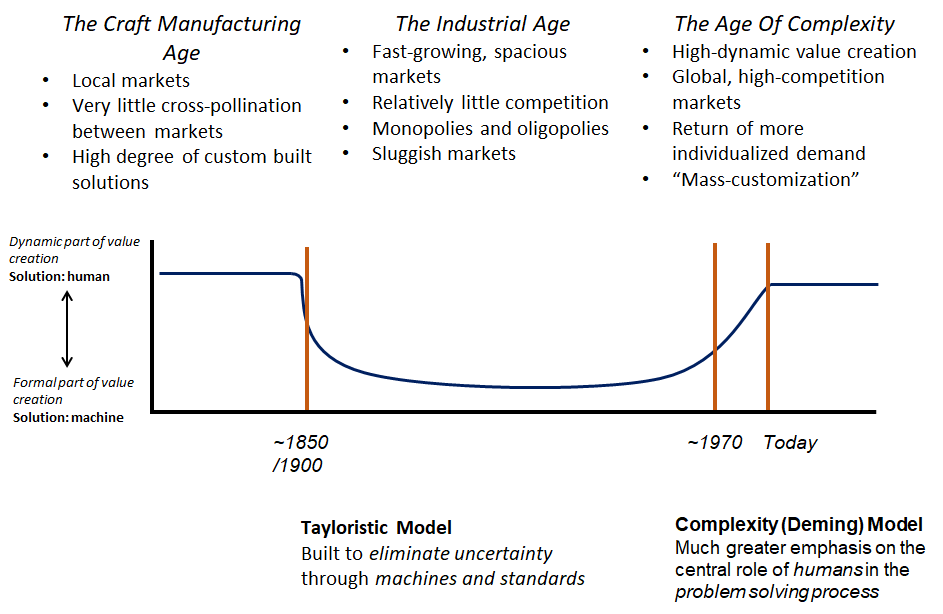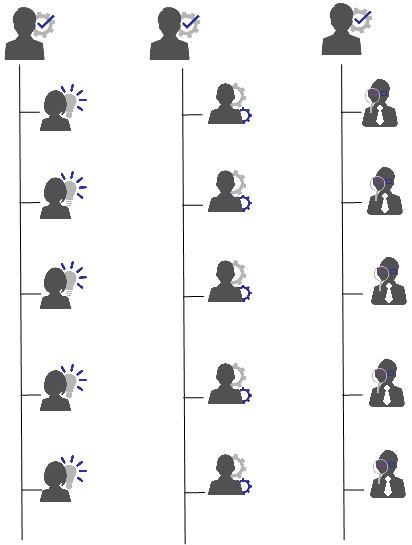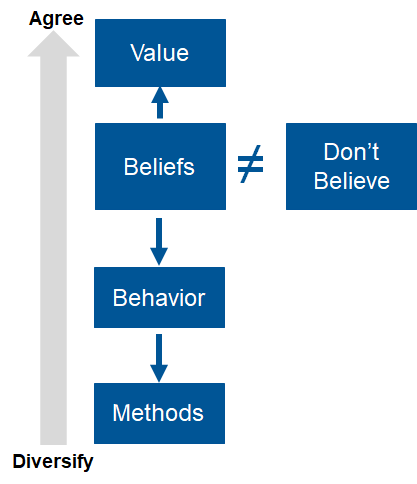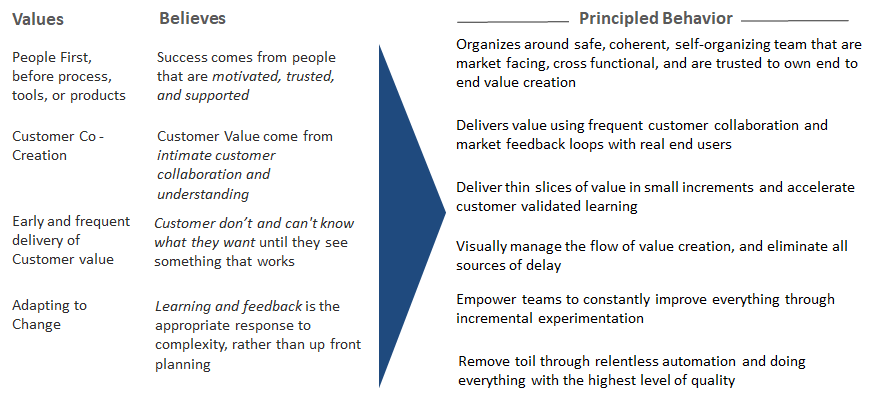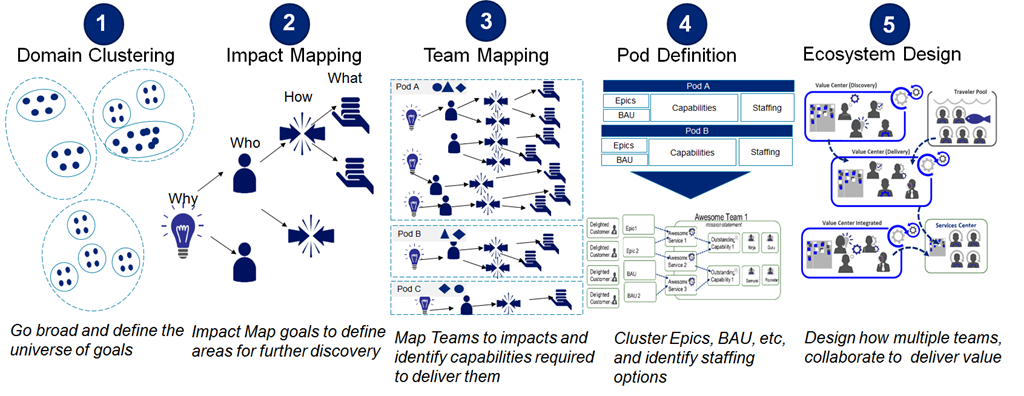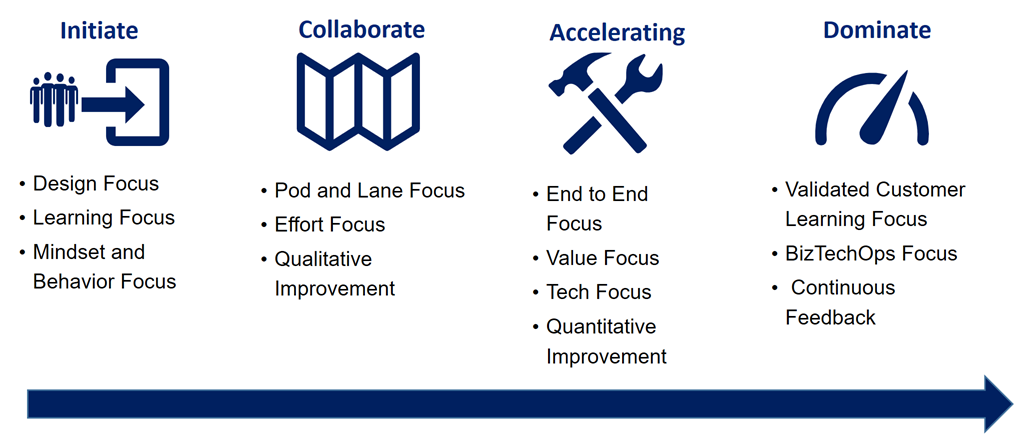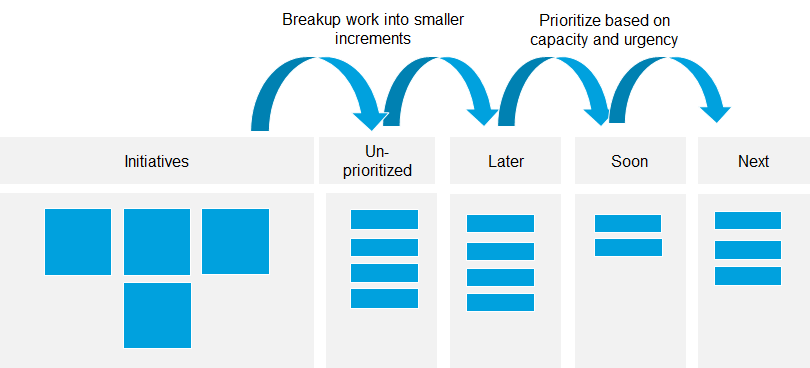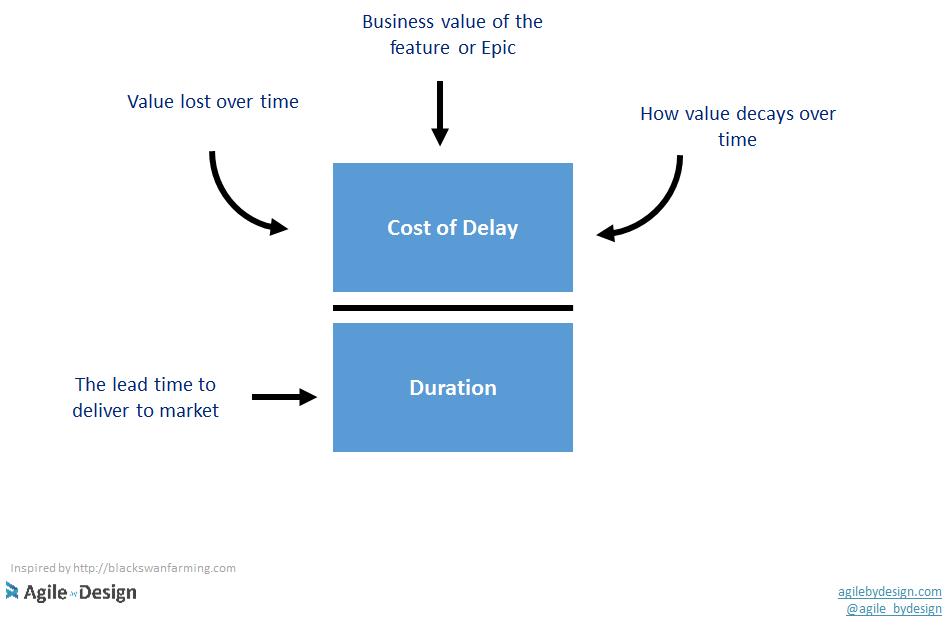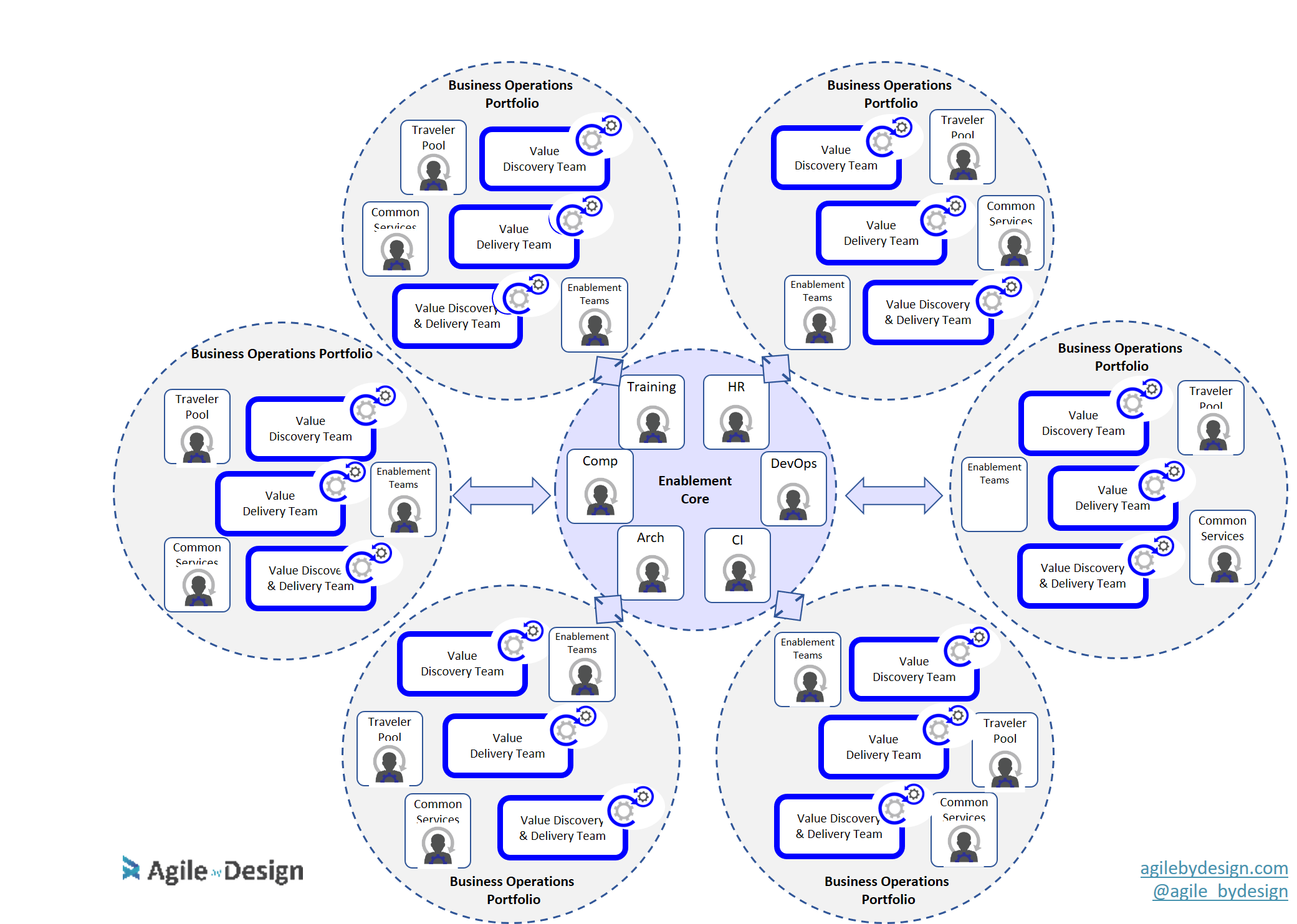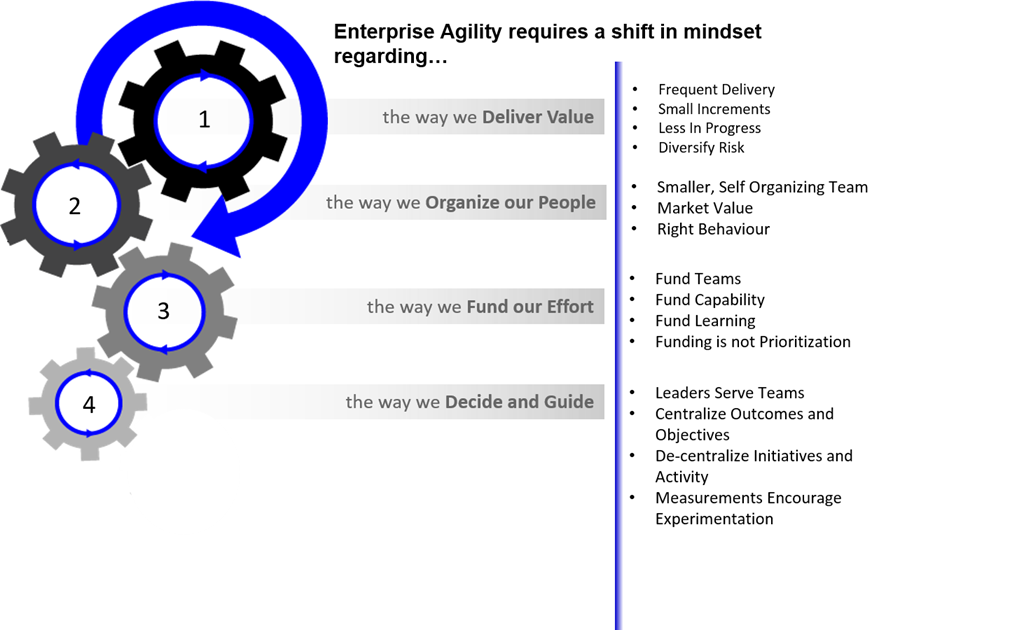As the demand for agile coaching surges among large mainstream organizations in Canada, a frustrating pattern has emerged. All too often, coaches focus on minimizing disruption to the team, relying on their clients to pull them into ceremonies or other working sessions. This has limited effect.
Although there is much value in a mentor relationship, agile coaching requires more than mentorship or passive coaching. What should it look like?
The agile coach should work with the team, scrum master, product owner and leaders to define a plan. While this is a collaborative process, the agile coach should have significant influence on the curriculum, sessions and timing. At the same time, the coach should train their focus on the organization’s leaders. In my experience, the biggest obstacle to widespread agile adoption in a large organization—that is, by thousands of people—is the shift in mindset that must take place among its leaders.
To encourage this shift, the agile coach should focus on leaders who manage multiple teams. The objective is to build agile coaching capability in these leaders. This will benefit the greatest number of teams and increase the likelihood of widespread agile adoption. Keep in mind that your customers do not have unlimited resources; simply hiring more coaches to encourage agile adoption is not economical—nor will it, in fact, increase the likelihood of success. When projects are dragging on, do you advise your customers to just hire more developers? Similarly, hiring more coaches would damage the cohesiveness of the agile transformation.
My philosophy of coaching is rooted in over 26 years of competitive ice hockey. I’ve had dozens of coaches over the years, and the best of them used their experience and wisdom to teach through demonstration and game-time advice. Most importantly, they focused on discipline first. My teammates and I endured many “no pucks” practices. Would this have been our choice? Never. Was it essential? Absolutely.
For organizations with a thousand people or more, agile coaches must transcend team coaching and build a sustainable and scalable coaching approach. They need to coach teams and leaders through mindset, principles and practices. Above all, they need to transfer their own coaching capabilities to the organization’s leaders to make a large agile transformation stick.

